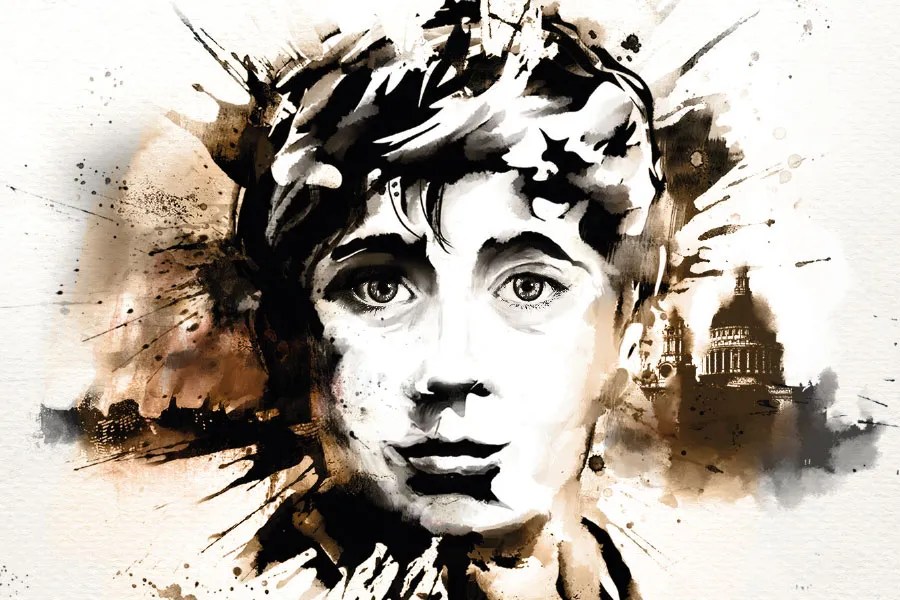Dice House
Perhaps The Dice House, a play by Paul Lucas that bills itself as a black comedy inspired by Luke Rhinehart’s cult 1971 novel The Dice Man, should have been called The Diceman Cometh.
Perhaps, too, I should allow a throw of the dice decide the verdict of this review: odds I hated it, evens I loved it. Though that might sometimes seem as good a way to exercise dramatic criticism as any, one’s responses to a play aren’t quite so random that they can be decided on that kind of whim, or play of fate.
In the “Centre for Research into Randomised Living”, or Dice House, the lunatics are clearly running the asylum. Dr Ratner (Neal Foster) has put into practice his solution for the human condition, which is to decide what options are available in any given situation, and then allow chance to determine which to take by the throw of the dice. Meanwhile, another psychiatrist, Dr Drabble (Jeremy Crutchley), is hatching a plan to retrieve his dice devotee wife Polly (Lucy Scott) by getting his own patient Matthew (Matthew Noble) to check in and kidnap her.
“Chance is God”, someone has scrawled onto the wall of this Fawlty Towers institution for the mentally anguished, and as played here, Dr Ratner is a Basil Fawlty of exaggerated comic emotions. But, like many of his patients, the play could be said to be suffering from an obsessive compulsive disorder. It’s obsessive about the (lack of) logic of playing the dice to resolve dilemmas, and compulsive about proving it in increasingly preposterous situations.
Alan Ayckbourn once let the flip of a coin determine the nightly outcome of his play Sisterly Feelings, and Stephen Sondheim and Arthur Laurents’ short-lived musical Anyone Can Whistle was set in what it called a ‘cookie jar’. The Dice House has neither the comic ingenuity of the first nor the redeeming tunes of the second. It also signally fails to have the desperate, hilarious logic of another black psychiatric comedy, Joe Orton’s What the Butler Saw.
“Dice knows best”, a patient says, after a throw has told him he has to turn himself in to the police for a hit-and-run accident – but why does it also determine at the same time that he has to confess to a load of crimes he didn’t commit, and pretend to have Tourette’s syndrome, liable to make matters even worse for himself?
Since the thrower of the dice also calls the options, the madness isn’t so much resolved in what the dice say but is demonstrated by what it’s actually being asked to decide in the first place. Should I give this show a one-star review or should I be forced to sit through the show a second time? Phew – my sanity is saved! One star it is.
– Mark Shenton










